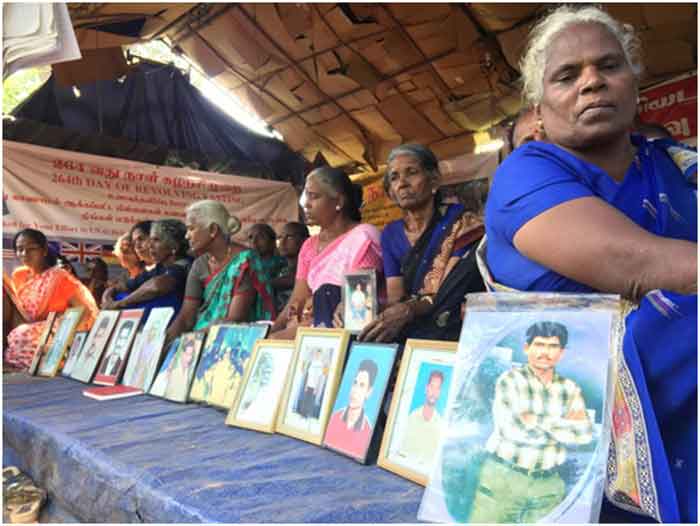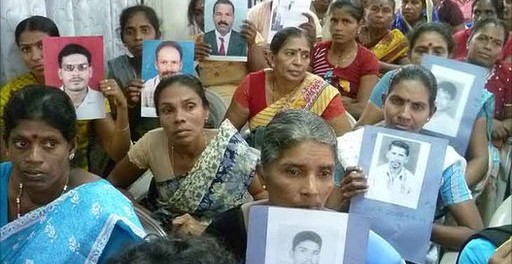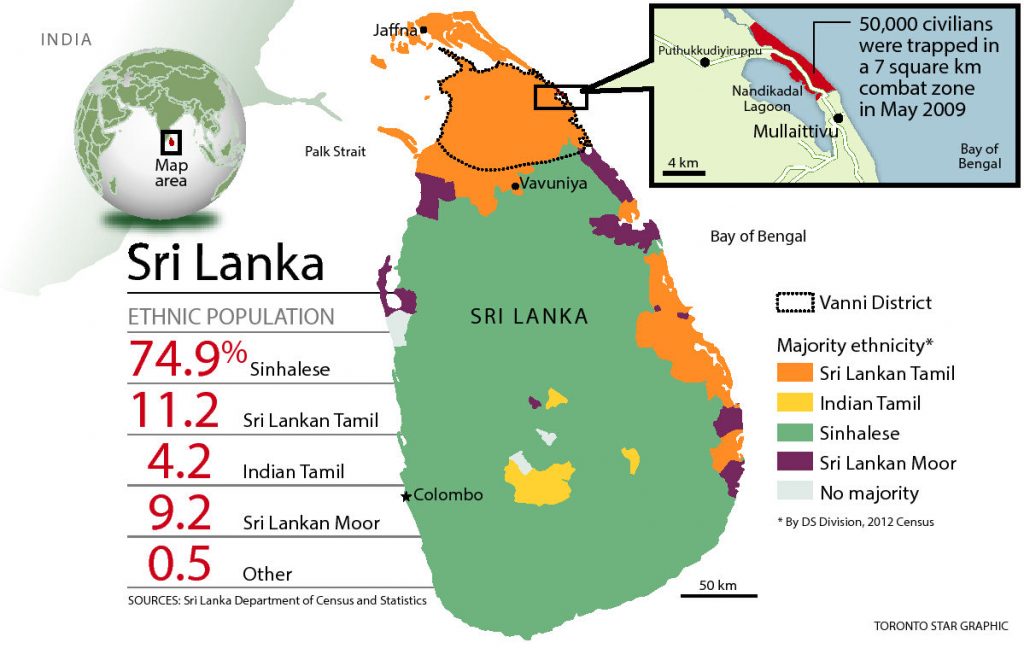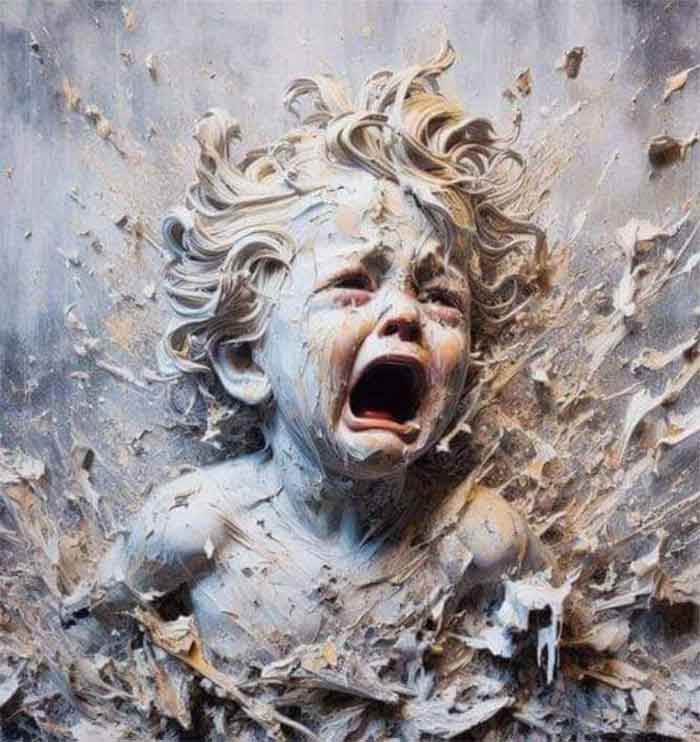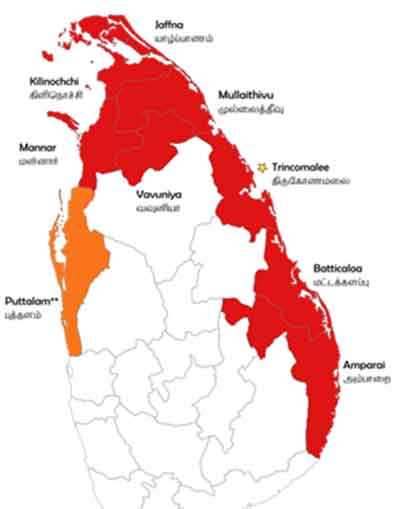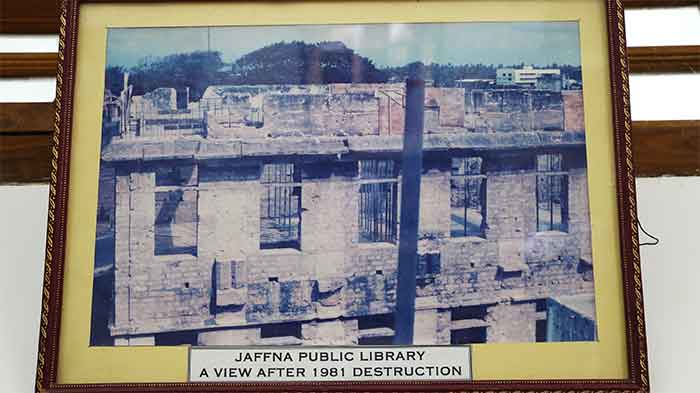
On midnight 31st May 1981, the Jaffna Public Library, famous for being the crucible of Tamil literature and heritage, was set ablaze by Sri Lankan security forces and state-sponsored mobs. The burning has since been marked by Eelam Tamils as an act of genocide.
This was one of the most heinous ethnic-based book burnings of the twentieth century. The library was one of the largest in Asia at the time of its destruction.
Over 95,000 unique and irreplaceable Tamil palm leaves (ola), manuscripts, parchments, books, magazines and newspapers, housed within an impressive building inspired by ancient Dravidian architecture, were destroyed during the burning. Some texts that were kept in the library, such as the Yalpanam Vaipavama (a history of Jaffna), were literally irreplaceable, being the only copies in existence. It was one of the largest libraries in Asia.
According to many eyewitnesses, police and government-sponsored paramilitaries set fire to the Jaffna public library and destroyed it completely. Over 97,000 volumes of books along with numerous culturally important and irreplaceable manuscripts were destroyed. Among the destroyed items were scrolls of historical value and the works and manuscripts of philosopher, artist and author Ananda Coomaraswamy and prominent intellectual Prof. Dr. Isaac Thambiah. The destroyed articles included memoirs and works of writers and dramatists who made a significant contribution toward the sustenance of Tamil culture, and those of locally reputed physicians and politicians.
In the aftermath, the Jaffna Public Library was set ablaze and the burning continued unchecked for two nights. But it didn’t halt there: fire and violence spread to many homes and shops across Jaffna, including the TULF headquarters and the office of the Ealanadu newspaper. Tamil cultural and religious figures were defaced and destroyed.
The Jaffna Library rose to prominence, as it was loved by international and domestic intellectuals, but most importantly it served as a cultural hub for the Tamil community. The library housed documents of invaluable worth, such as the only existing copy of the Yalpanam Vaipavama, a history of Jaffna written by Tamil poet Mayilvagana Pulavar in 1736. The library held miniature editions of the Hindu Ramayana epic, yellowing collections of extinct Tamil-language newspapers, microfilms of important documents, and records of the Morning Star, a journal published by Christian missionaries during the colonial rule of the island. Moreover, it housed close to 100,000 Tamil books and rare, old manuscripts and documents. Some of the precious documents were written on dried palm leaves and stored in fragrant sandalwood boxes. Documents in the library included historical scrolls on herbal medicine and the manuscripts of prominent intellectuals, writers, and dramatists – and they wound up in ashes.
For Tamils, the devastated library became a symbol of “physical and imaginative violence”. The attack was seen as an assault on their aspirations, the value of learning and traditions of academic achievement. The attack also became the rallying point for Tamil rebels to promote the idea to the Tamil populace that their race was targeted for annihilation.[
Nancy Murray wrote in a journal article in 1984 that several high-ranking security officers and two cabinet ministers were present in the town of Jaffna, when uniformed security men and plainclothes mob carried out organized acts of destruction. After 20 years the government-owned Daily News newspaper, in an editorial in 2001, termed the 1981 event an act by “goon squads let loose by the then government”.
Sinhala librarian and bibliographer H.A.I Goonetileke wrote in an emotional private letter, “The gutted building is a grim testimonial to savage and bestial tendencies of communal hate.”, he also expressed that the, “Complete destruction by an act of calculated and cold-blooded vandalism of the Jaffna Public Library is the most wounding to the sensibility of our brethren in the North and must outrage the humane feelings of every person in the land, whatever his political, racial or religious persuasion,”.
The attack on the Jaffna Public Library was never properly investigated and the perpetrators were never held to account, adding another episode of impunity in the country.
The Jaffna Public Library was the intellectual reservoir of a Tamil nation that had not been born, but was yearning to be. Targeting knowledge, history, and memory is a key feature in ethnic cleansing, as the attack on the Oriental Institute in 1992 in Sarajevo by Serbian nationalists evidenced.
Thus the burning of the Jaffna Public Library was not a simple arson attack. It was a ferocious harbinger of the coming devastating war, which started in 1983 with the so-called Black July and ended in May 2009, resulting in approximately 200,000 deaths and what is still the second highest number of enforced disappearances in the world. But above that, the burning had another message: that those who hold power will and can erase identity whenever they want.
The library burning was an attempt to rob the Tamil community of pride and dignity. It aimed at wiping out their heritage.
The scholar and community leader, Reverend Father David reportedly died from shock days after the incineration of his beloved institution. While his statue in the library courtyard is surrounded now by the spirit-soothing greens of local flora, his demise epitomises the loss suffered by every member of the Tamil nation alive on that day, and each generation born afterwards: the irrevocable loss of memories, of the lives and deaths of our predecessors, of the beauty they created as well as of the destruction they may have wreaked.
In 2001, then mayor of Jaffna Nadarajah Raviraj stated that the burning “is in my memory”.”Still I feel like crying after 20 years,” he said.
Mr Raviraj was assassinated in Colombo in November 2006. Still no-one has been held accountable for his murder.
Prime Minister Ranil Wickremesinghe
In 2016, Prime Minister Ranil Wickremesinghe as the leader of the United National Party apologized for the burning of the Library which happened during a UNP government.
Kumarathasan Rasingam – Secretary, Tamil Canadian Elders for Human Rights Org.

